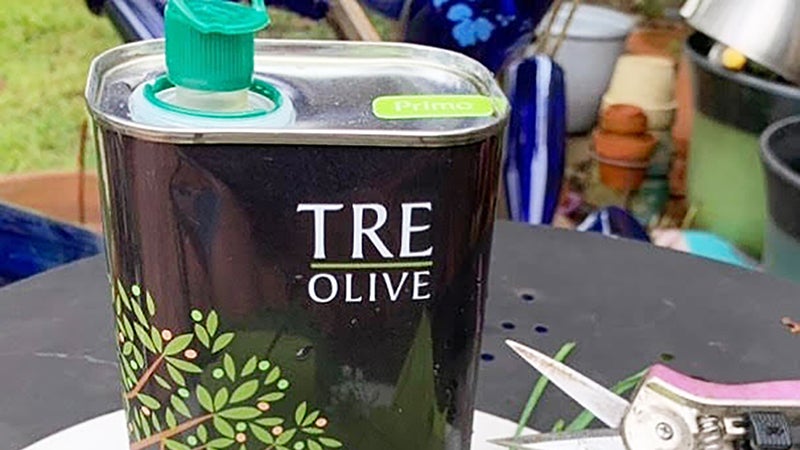HEALTHY LIVING — Hear, hear: Ear health important
Published 12:06 am Friday, August 30, 2019
Many medical conditions can affect your hearing health. Treatment of these and other hearing losses can often lead to improved or restored hearing.
If left undiagnosed and untreated, some conditions can lead to irreversible hearing impairment or deafness. If you suspect that you or your loved one has a problem with their hearing, ensure optimal hearing healthcare by seeking a medical diagnosis from a physician.
Three million children under the age of 18 have some hearing loss including four of every thousand newborns. Every parent and caregiver should be watchful of the signs of hearing loss in their child and seek a professional diagnosis. Hearing loss can increase the risk of speech and language developmental delays.
The most common cause of hearing loss in children is otitis media, the medical term for a middle ear infection or inflammation of the middle ear. This condition can occur in one or both ears and primarily affects children due to the shape of the young Eustachian tube (and is the most frequent diagnosis for children visiting a physician).
When left undiagnosed and untreated, otitis media can lead to infection of the mastoid bone behind the ear, a ruptured eardrum, and hearing loss. If treated appropriately, hearing loss related to otitis media can be alleviated.
Age-related hearing loss (presbycusis) is the loss of hearing that gradually occurs in most of us as we grow older. It is one of the most common conditions affecting older and elderly adults. About one in three people in the United States between the ages of 65 and 74 has hearing loss, and nearly half of those older than 75 have difficulty hearing.
Having trouble hearing can make it hard to understand and follow a doctor’s advice, respond to warnings and hear phones, doorbells and smoke alarms. Hearing loss can also make it hard to enjoy talking with family and friends, leading to feelings of isolation.
Tinnitus is the medical name indicating ringing in the ears, which includes noises ranging from loud roaring to clicking, humming or buzzing. Most tinnitus comes from damage to the microscopic endings of the hearing nerve in the inner ear.
The health of these nerve endings is important for acute hearing, and injury to them brings on hearing loss and often tinnitus. Hearing nerve impairment and tinnitus can also be a natural accompaniment of advancing age. Exposure to loud noise is probably the leading cause of tinnitus damage to hearing in younger people. Medical treatments and assistive hearing devices are often helpful to those with this condition.
Conditions that affect all ages are swimmer’s ear or otitis externa. One of the most common and easily treatable causes of hearing loss is accumulated earwax. Excessive earwax can be a chronic condition best treated by a physician.
Autoimmune inner ear disease is an inflammatory condition of the inner ear, symptoms of AIED are important: sudden hearing loss in one ear progressing rapidly to the second and continued loss of hearing over weeks or months, a feeling of ear fullness, vertigo and tinnitus. A perforated eardrum is a hole or rupture in the eardrum, a thin membrane that separates the ear canal and the middle ear. The amount of hearing loss experienced depends on the degree and location of perforation. Sometimes a perforated eardrum will heal spontaneously, other times surgery to repair the hole is necessary.
Never stick anything into the ear to clean it. This can result in a painful injury, infection and hearing loss. Take care of your ears, leave treatment to your doctor, and stay healthy my friends.
Jody Holton writes about healthy living for The Port Arthur News.






